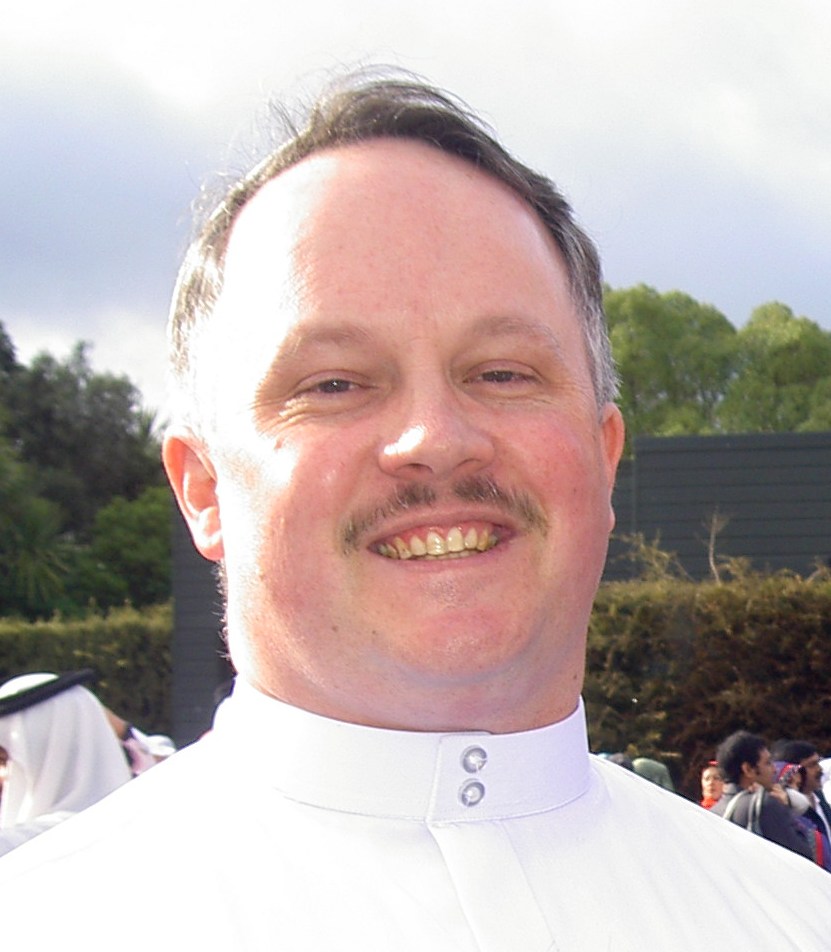 Ramadan is a period of devout spiritual meditation and reflection, self-improvement and an increased worship of Allah.
Ramadan is a period of devout spiritual meditation and reflection, self-improvement and an increased worship of Allah.
Muslims everywhere, including New Zealand, are expected to use this month to put a greater effort into their personal devotions and in following the precepts and strictures of Islam.
The directives regarding Ramadan are in Chapter 2, verse 185 of the Holy Quran.
“The month of Ramadan is that in which was revealed the Quran; a guidance for mankind, and clear proofs of the guidance, and the criterion (of right and wrong). And whosoever of you is present, let him fast the month, and whosoever of you is sick or on a journey, a number of other days. Allah desires for your ease; He desires not hardship for you; and that you should complete the period, and that you should magnify Allah for having guided you, and that perhaps you may be thankful.”
In some respects, the Muslim minority in New Zealand resembles an extended family or perhaps a clan or even a tribe: sometimes functional, sometimes dysfunctional, but always very human and messy.
Islam as a faith encourages family values and ties, so the analogy is probably not entirely inaccurate. Faith and religious zeal offer and excite hope, tranquility, and inner strength.
Chaotic leadership
The Muslim community resembles the wider New Zealand society, a complex interaction of kaleidoscopic communities of sub-communities (or subcultures), resembling sometimes rambunctious collection of idealistic busybodies.
Despite the pronounced lofty didactic moral intentions of the Muslim Associations, they do not seem to have lost much time, publicly debating the precise philosophical or theological boundaries of the faith or the community of the faithful.
We witnessed inside the Muslim Association of Canterbury during the 2000s, even the most well constituted organisation will periodically lapse into chaos and confusion when the leadership, commonalities and guiding principles are dislocated.
Ideally a Muslim gentleman’s unflinching code of personal honour is based on his private piety and his sense of duty to God and the community (Muslim and non-Muslim). In New Zealand, the celebrated heroes of Muslim history and models of Islamic behaviour for local Muslims are invariably men of piety and great faith – the Prophet Mohammed himself, naturally, but also his Sahaba or the Companions (or contemporaries).
Opaque references
Thereafter there is little agreement, with the exception of a few opaque references to men of action like Salahudeen from time to time.
Discussing the rise and fall of civilisations, societies and cultures, the respected British Historian T B Macaulay postulated that at some unspecified date in the distant future, a New Zealander might sketch the ruins of St Paul’s, whilst seated on London Bridge: he probably did not anticipate that the rhetorical New Zealander might be Muslim!
Just as it is impossible to conceptualise Islam without the Holy Quran, it is inconceivable to imagine a coherent functioning of the Muslim community without some acting notion or practice of ‘Asabiyah’ or group solidarity.
However, the remaining conundrum is, ‘What exactly constitutes group solidarity and how do we maintain it? What are the central hinges or axis? Religion is the obvious primary element here but in a deeply secular social environment like New Zealand, we must confess that it has neither legal force nor overwhelming peer pressure to bind individuals to each other. Therefore, the Muslim communal identity and group unity is by nature entirely voluntary.
The lessons
What, ultimately, do we learn from the experience of Ramadan in New Zealand? Having studied the past, and with an eye towards the future, I believe that there is real cause for optimism. The Ummah is slowly facing a positive upsurge of interest in Islam in general, and there is sophisticated re-thinking of some of the older philosophical paradigms in circulation nowadays.
There will always be substantial differences, some inscrutable arguments and quodlibetical niggles, both within the Islamic community and between Muslims and non-Muslims.
These can serve as a bridge rather than a barrier.
I think that in the long run the true values and virtues of Islam, particularly tolerance and compassion will triumph.
Hajji Abdullah Drury is the author of ‘Islam in New Zealand.’ He lives in Hamilton.
Photo :
Muslims pray and meditate during the Holy Month






